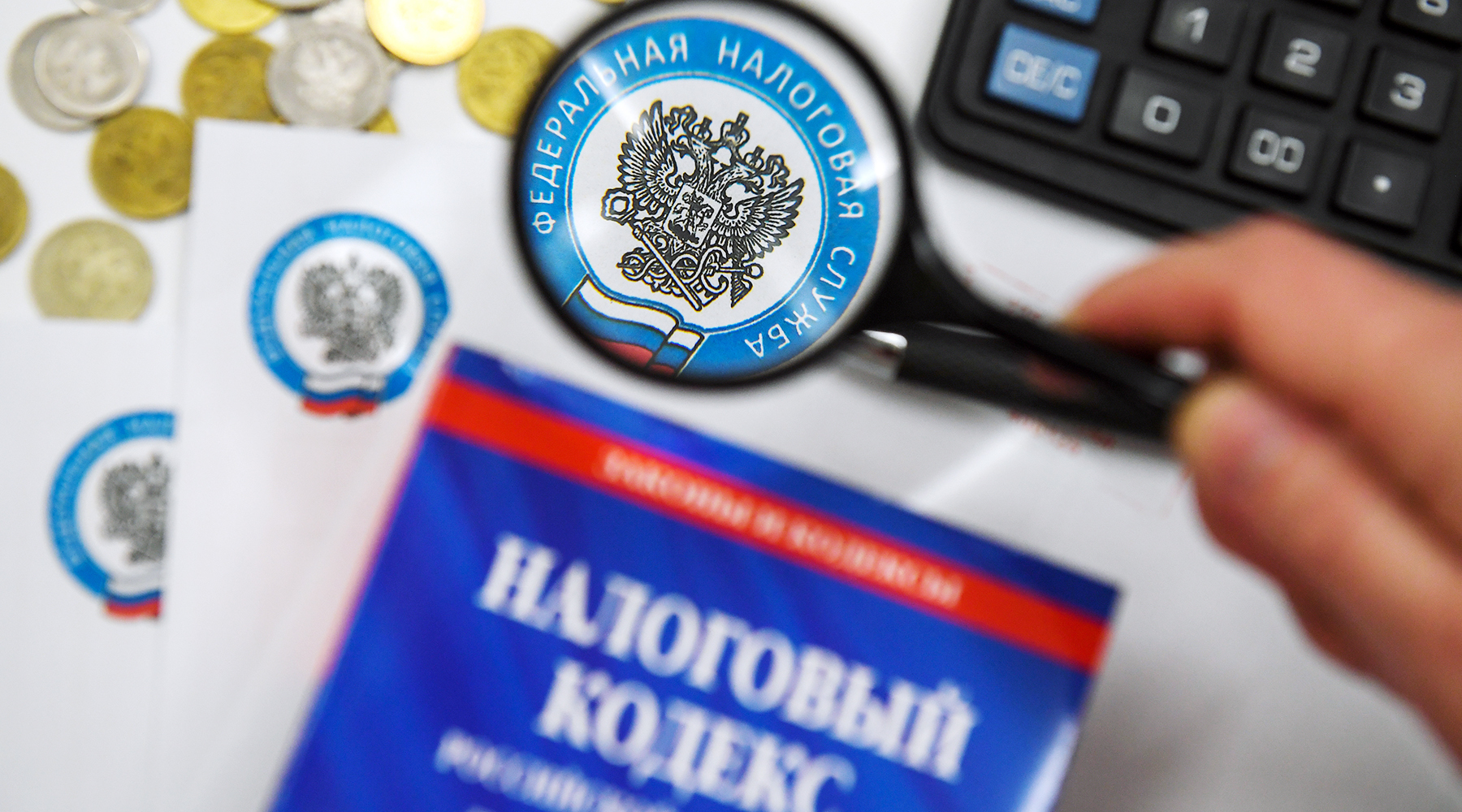On Wednesday, November 18, the Federation Council approved a law to increase the personal income tax rate (PIT) from 13 to 15% for citizens who earn more than 5 million rubles a year.
This is stated in an official statement on the website of the upper house of parliament.
The personal income tax rate for income of 5 million rubles will remain at the level of 13%.
In turn, only that part of earnings that exceeds 5 million rubles will be taxed at 15%.
At the same time, the increased tax will not apply to income from the sale of personal property, with the exception of securities, as well as to insurance payments under insurance and pension agreements.
For these revenues, the tax rate will also remain at 13%.
Recall that the law on increasing personal income tax was developed by order of the President of the country Vladimir Putin and should enter into force on January 1, 2021.
As expected, as a result of the initiative, next year the country's budget will receive an additional 60 billion rubles, in 2022 - 64 billion, and in 2023 - 68.5 billion. As the head of state said earlier, the proceeds will be used to treat children with serious illnesses.
“I propose to 'paint' the funds, as experts say, to protect them from any other use and to target them for the treatment of children with serious, rare diseases: for the purchase of expensive drugs, equipment and rehabilitation means, for carrying out high-tech operations,” Putin said.
As Pavel Sigal, first vice-president of the all-Russian public organization of small and medium-sized businesses "Support of Russia", noted in a conversation with RT, the initiative of the authorities means abandoning a flat taxation scale.
The corresponding system was introduced in Russia back in 2001 - since then, all citizens of the country have been paying personal income tax at a uniform rate of 13%.
“The introduction of an increased personal income tax rate of 15% will affect a small part of the population - about 100 thousand people.
Meanwhile, this decision represents a step towards the introduction of a progressive scale of taxation in Russia.
Of course, this approach is considered to be fairer in the distribution of income all over the world, ”explained Pavel Sigal.
Today, a progressive scale of taxation operates in most European countries.
At the same time, even after the increase in personal income tax in Russia for incomes of more than 5 million rubles to 15%, the tax rate will remain significantly lower than in a number of European countries.
Georgy Ostapkovich, director of the Center for Market Research at the Institute for Statistical Studies and Economics of Knowledge, NRU HSE, spoke about this in an interview with RT.
“For example, in France for some residents the income tax rate reaches 60%, while in our country it continues to be quite low.
It is obvious that the authorities are acting carefully in this matter so as not to cause an outflow of taxpayers.
At the same time, the majority of wealthy citizens will not hide their income, since now with the advent of digitalization in the economy, most transactions can be tracked.
Therefore, it is easier to pay, ”the expert emphasized.
RIA News
© Nina Zotina
At the same time, abandoning a flat taxation scale could have a positive effect on low-income Russians.
Yaroslav Nilov, the head of the State Duma committee on labor, social policy and veterans affairs, shared this opinion with RT.
According to him, in the long term, the development of the initiative will ease the tax burden on low-income citizens.
“The new approach makes it possible to qualitatively change the taxation system and restore social justice.
Over time, the poorest Russians can reduce the personal income tax rate.
In particular, we propose to reset the corresponding indicator for people with a salary below 20 thousand rubles a month.
At the same time, for example, for employees with incomes above 1 million per month, the rate should be higher than the currently offered 15%.
Such a measure will become one of the working tools to combat poverty among citizens, "Nilov said.
However, even the already planned changes in taxation can bring significant results in the fight against rare diseases among children, says State Duma deputy Svetlana Bessarab.
According to her, at the moment, not all regional budgets can cope with spending on medicines for seriously ill patients.
“There are often cases when one injection required for treatment costs huge amounts of money: the price of some imported drugs reaches 160 million rubles.
It is logical that the CHI system is often unable to cover such costs.
Therefore, the initiative of the authorities will save the lives of hundreds of children with orphan diseases.
In this way, we will integrate international practice, ”the RT interlocutor concluded.

